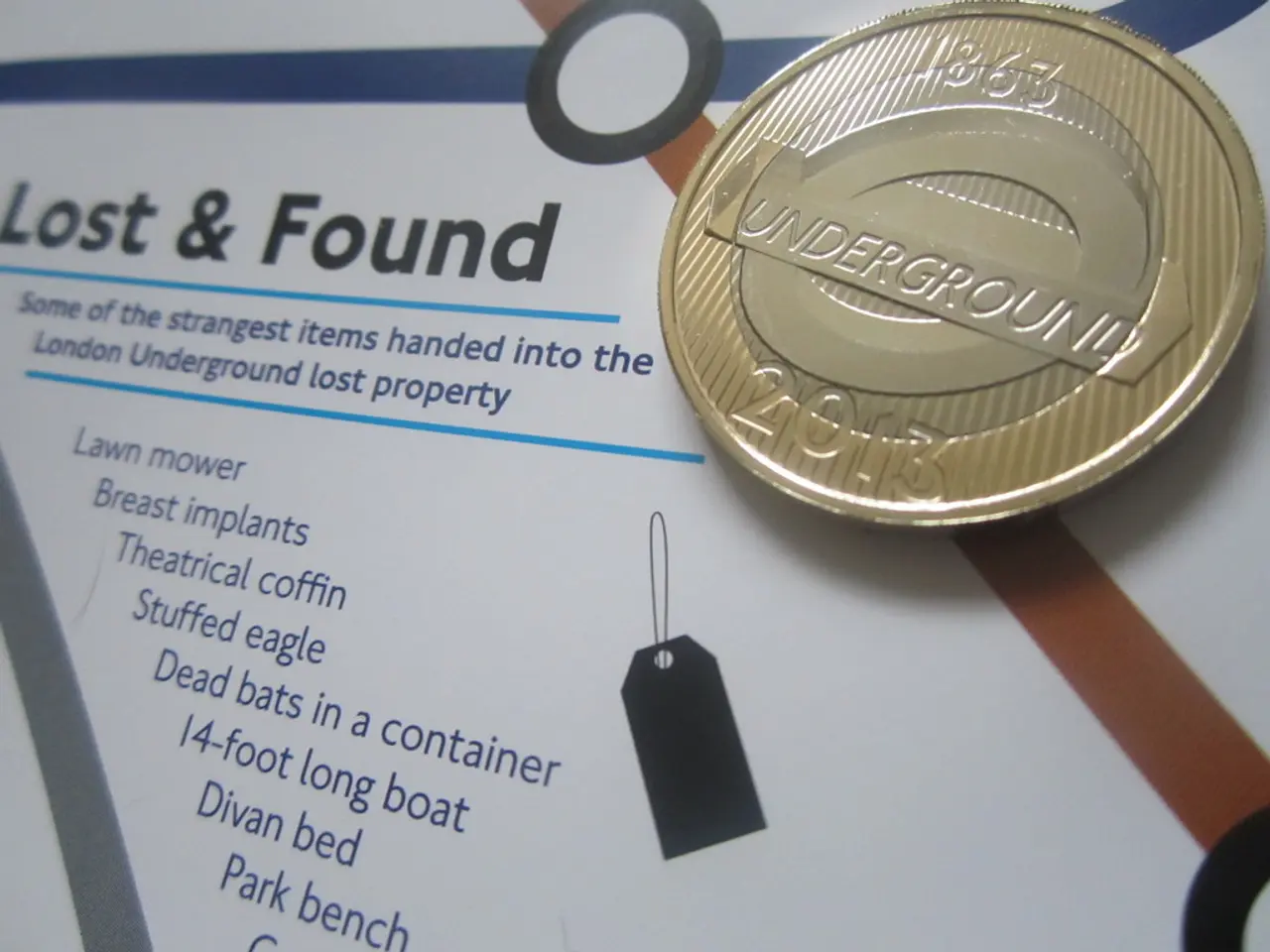Contractor ZF Warns of Job Losses Due to EU's Strict Climate Goals
The automotive industry, including major players like ZF Friedrichshafen, is facing a significant disruption as the EU Commission plans to tighten CO2 regulations for the sector by 2030. The proposed regulations aim for a substantial reduction of CO2 limit values, a move that has raised concerns among industry leaders.
Wolf-Henning Scheider, CEO of ZF Friedrichshafen, an automotive supplier, has expressed strong resistance to the proposed regulations, stating that they may bring more stress to the system in terms of development resources and investments. Scheider, in an interview with the specialist service "Tagesspiegel Background Verkehr & Smart Mobility", also expressed his desire for the industry to take people along in the transformation and give them a perspective.
The rapid shift to zero-emission vehicles and stringent CO2 targets threatens traditional internal combustion engine manufacturing, risking job losses and declining production. The industry is facing challenges in implementing its desired transformation, with concerns about economic impact, regulatory flexibility, high costs of zero-emission vehicles, and the need for integrated industrial policy support.
Economic and competitiveness risks are a major concern, as the transition may be too fast and economically disruptive. Some industry groups and member states argue for softer regulation or delays to the ban on combustion engines. Automotive associations like the ACEA have called for more flexible compliance mechanisms, such as allowing manufacturers to spread CO2 reduction targets over multiple years or compensate for shortfalls with overachievement in other years.
The upfront price premium of electric and other zero-emission heavy-duty vehicles remains a barrier for buyers, limiting their wider adoption. The Commission has proposed measures like toll exemptions to make ZEVs more attractive economically, but industry challenges around cost and market demand persist. The industry demands comprehensive EU and national policies that incentivize investment in EV value chains, local components, and cleantech innovation to support production scaling and maintain competitiveness.
In summary, the industry challenges relate to the economic impact of rapid decarbonization, regulatory flexibility and predictability, high cost and market readiness of zero-emission vehicles, and the necessity for integrated industrial policy to ensure a viable transition that sustains jobs and production capacity in Europe. As the automotive industry braces for disruption, it is vital that policymakers and industry leaders work together to navigate this transition in a way that ensures a sustainable and competitive future for the sector.
- The regulations aiming for a reduction of CO2 limit values in the automotive industry, particularly in the field of environmental science, have raised concerns about their potential impact on the finances of manufacturers like ZF Friedrichshafen, as the transition may require significant investments and development resources.
- In order to implement the proposed shift to zero-emission vehicles, the industry is advocating for policies that incentivize investments in EV value chains, local components, and cleantech innovation, as the upfront cost of these vehicles remains a barrier for widespread adoption and could negatively affect the competitiveness of European manufacturers.
- To address the economic challenges posed by decarbonization efforts, some industry groups and member states have put forth arguments for softer regulations or delays in the ban on combustion engines, while automotive associations like the ACEA are calling for flexible compliance mechanisms, such as spreading CO2 reduction targets over multiple years or compensating for shortfalls with overachievement in other years.




